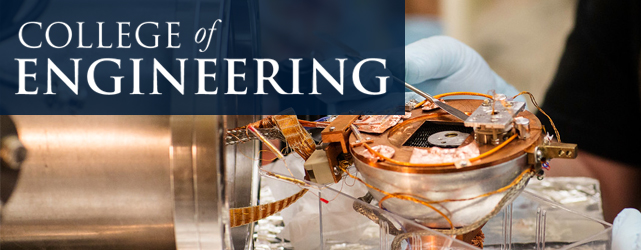Global and local distortion inference during embeddedzerotree wavelet decompression
Document Type
Article
Journal/Book Title/Conference
Combined Industry, Space and Earth Science DataCompression Workshop
Publication Date
4-1-1996
First Page
51
Last Page
60
Abstract
Summary form only given. Local distortion inference is proposed as an alternative to assuming a spatially uniform error for image compression applications requiring careful error analysis. This paper presents an algorithm for inferring estimates of the L/sub 2/-norm distortion (root-mean-square or RMS error) for the embedded zerotree wavelet (EZW) algorithm while maintaining its good rate-distortion performance. A small amount of both rate and computational burden is required of the encoder to calculate and transmit sums of wavelet coefficient energies. A greater computational burden is added to the decoder, mainly by an "error-propagation transform" of equal complexity to the inverse hierarchical wavelet transform. The asymmetry of the compression system with distortion inference is ideal for space-based data gathering applications where computation capacity may be limited in the encoder but virtually unlimited in the decoder. Global distortion inference is accomplished by maintaining error energy estimates of the wavelet coefficients separately for the subordinate and dominant lists. An equal reduction of error energy per significant bit is found to accurately interpolate the operational rate-distortion curve, which is explicitly transmitted prior to each dominant pass. Because of the orthogonality of the wavelet transform, the rate-distortion curve also applies to reconstructed images in the spatial domain.
Recommended Citation
A. K. Huber and S. E. Budge, “Global and local distortion inference during embedded zerotree wavelet decompression,” in Combined Industry, Space and Earth Science Data Compression Workshop, A. B. Kiely and R. L. Renner, Eds. Snowbird, UT: Jet Propulsion Laboratory, Apr. 1996, pp. 51–60, JPL Publication 96-11.


